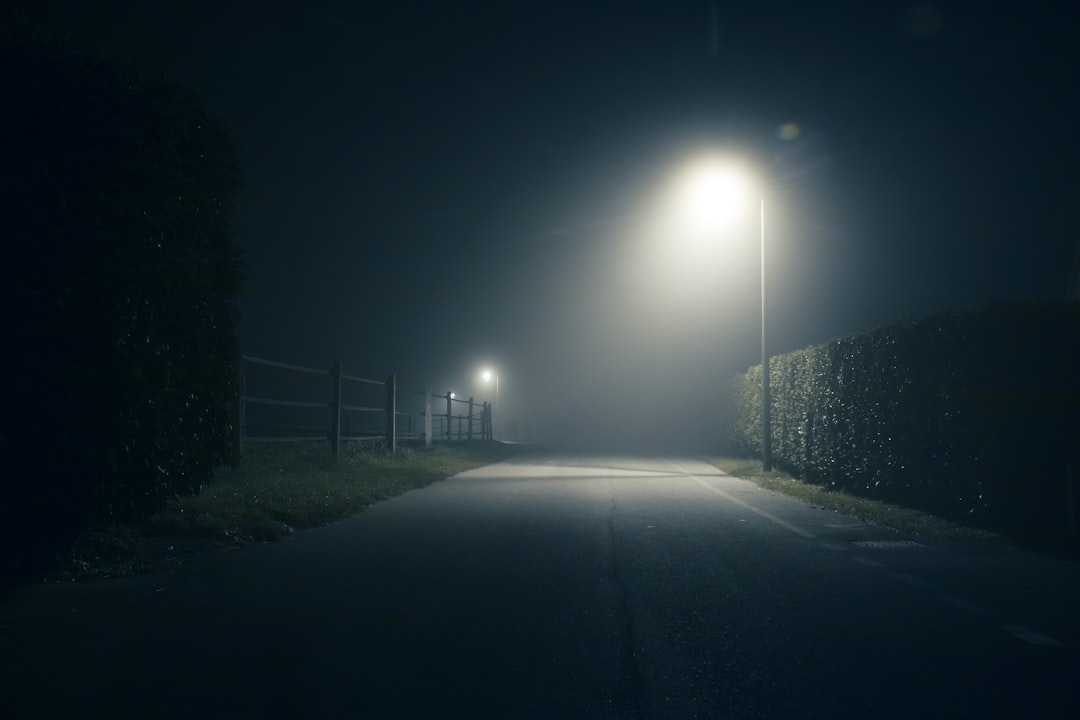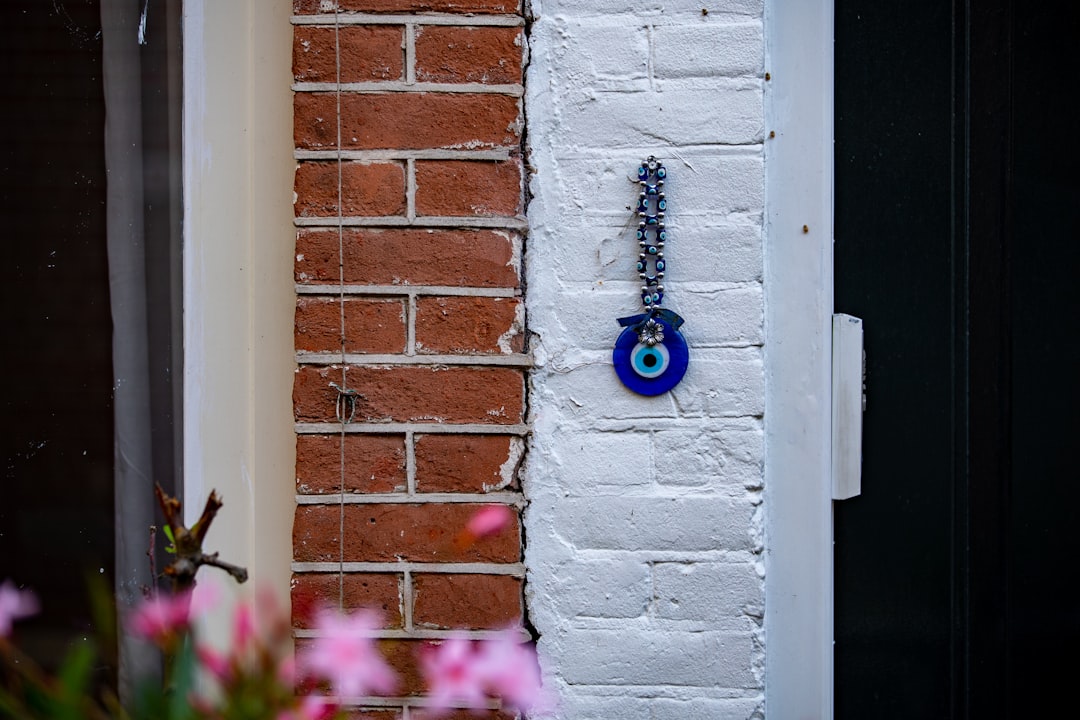This is part 1 in a 6-part correspondence series between writer Meta Wagner and me, Henriette Lazaridis. I will be writing parts 1, 3, and 5 here at The Entropy Hotel; Meta will be writing parts 2, 3, and 6 at Page Fright.
Links will be added as the letters get published: letter 1, letter 2, letter 3, letter 4, letter 5, and letter 6.
At year’s end, I looked over the statistics for The Entropy Hotel, and saw that, while I could boast of solid engagement month to month, the newsletters that held the very highest engagement had one thing in common: they were about fear. When I wrote about things like a section of a mountain running race I was afraid of, or about wide bodies of water that spooked me—those pieces captured my readers’ attention much more than my writing about success or delight.
I thought this was worth examining. When Substack introduced its “Letters” concept—in which two Substack writers correspond for three rounds over a specific topic—I knew I wanted to put together a Letters exchange on fear. I immediately thought of Meta Wagner. The very title of her Substack, Page Fright, demonstrates her interest in the topic. So here we are and here we will be for a total of six letters, in a correspondence about fear. I’ll start.
Fear is seductive. We love horror movies for the adrenaline jolt we get during the scary bits. We read avidly about experiences gone wrong. We as a culture are more into schadenfreude than freudenfreude. Why is that?
I think we find reassurance and relief when a person who is afraid manages to become brave or happy. We take comfort in a story that begins in terror and ends in joy. Our empathy hides a deep self-interest. As we read a true or fictional tale of someone’s success in overcoming fear, we’re learning how to do the same in our own lives. And in any case, a story of happiness from start to finish isn’t even really a story, since it doesn’t offer any movement or change.
But hold on, because I’ve basically described freudenfreude (joy in joy) and I’m making it sound as though most people simply revel in tales of other people’s happiness. In fact, I believe that’s supposed to be quite challenging to do. The real hard part in any relationship—I’m sure I read this somewhere—is to be happy for your partner’s successes, not necessarily to console them for their failures. Freudenfreude is hard, apparently, for many of us.
If schadenfreude is really more your thing, is it because there’s a sort of inoculation quality to the misery you’re gleefully hearing about? As if hearing the story of the other person’s misery serves as a clear reminder that it’s not you. You’re good. You’re fine. It’s the other person who’s about to tumble over a cliff or be swept away in river rapids. We have a sort of there-but-for-the-grace satisfaction while we hear of someone else’s misery. Thank goodness that’s not me, we tell ourselves. I’m over here, safe and sound, not about to go into that dark house now that my car won’t start. Schadenfreude does two jobs, I think. It allows us to distinguish ourselves from the miserable person, and it gives us that negative starting point that gets a story going (because even in our snarkiest of hearts, I believe we will be happy when the misery is overcome).

Then I think about the ways in which some fears don’t offer any inoculating powers, the ways in which fear can be contagious. I recall during grad school how we were all worrying about the impending task of writing our dissertations. I was going to be moving away from the city once my coursework was done and would be writing my dissertation on my own, away from my peers. At first, I was sorry to be leaving my community. But even before I moved to my new city, I could already feel the seductive pull of dissertation worry, and I knew I had to get away. If I stayed in town, I’d surely start venting my own fears—fears which, honestly, weren’t that big at that point—and together we would all be fanning the flame of our anxiety and terror.

I’m thinking now about the mock-cross-sign we make sometimes as if to ward off a vampire, to keep a hex at bay, to save ourselves from the evil eye. As a good Greek, I have a healthy respect for the evil eye, and I suppose I fear being cursed by it. So I say “ftou-ftou” (which is a stylization of a spitting sound and you can erase that scene from My Big Fat Greek Wedding from your brain right now because it’s not accurate), which is my version of the mock-cross-sign. I’m cursing whatever it is I’ve just praised (by fake-spitting on it) so that the evil eye will be fooled into thinking that thing is gross. If this isn’t a reaction to some deep-seated fear, I don’t know what is.
As a writer, I often announce that I don’t believe in writer’s block. This is my writer’s ftou-ftou. Or my writer’s version of whistling past the graveyard. If I declaim that I am not afraid, then I won’t be afraid. If I declare that the deepest fear of all writers has no claim on me, then I’m good. I’m safe. I’m declaring my freude so there will be no schaden. I don’t even like talking about writer’s block, actually. Maybe because I think it’s a powerful whirlpool that pulls you down into a wordless abyss. If I look at it too closely, it’ll suck me right in.
It seems we might be giving in to fears more than we realize (ok, I’m speaking only for myself here), and using rituals and superstitions to tell ourselves we’re not afraid—or to fight off the temptations of the fear whirlpool before it sucks us in.
Thoughts?





The bravest people I know are basically afraid all the time. Bravery isn't the absence of fear but the will to do that fearful thing despite the fear, no matter how many superstitions or routines or habits it takes to get you through. I write longhand as a direct result of paralyzing fear. My first drafts are off the charts terrible at least 75 percent of the time. I'm not being modest here--you've never seen an actual first draft. There was a period of time where I would type a sentence and erase it and type a sentence and erase it. Something about writing a first draft that was typeface triggered a paralyzing perfectionism. In theory I was a hundred percent team shitty first drafts, but in practice? When that first draft was so prettily typeset and yet was still shitty? Not so much. In a panic I curled up with a notebook and pen and let myself write a shitty first draft through and through--let's just say my handwriting is about as far from pretty typesetting as you can get. Now that the form looked as shitty as the content I was free! My pen flew. I can draft on a keyboard these days when I have to, but if I'm stuck, I switch to the page and let myself go. I recently typed in a chapter that had two facing pages of false starts for the same stupid sentence and the typed version took parts of three of those sentences, but I got it done. My fearful write and delete and write and delete self would still be working on it. And the best part is when the fear catches up to me in the longhand--aha! I have found you!--I can dodge it productively by starting to type in what I do have. So, yeah. If rituals and superstitions get me and my admittedly clinically anxious brain through, I'll spit all over the show. Ftou-ftou! Ftou-ftou! Ftou-ftou!
Henriette, thanks for starting off our correspondence on creative fears and courage! This is a really thought-provoking, big picture cultural analysis that also examines our inner psyches. I love how you framed it around the “high brow” concept of schadenfreude and freudenfreude, then dipped into “low brow” with My Big Fat Greek Wedding (ok, I admit, I love Andrea Martin in it!).
You’ve given me a lot to think about and respond to on Thursday in Page Fright! - Meta